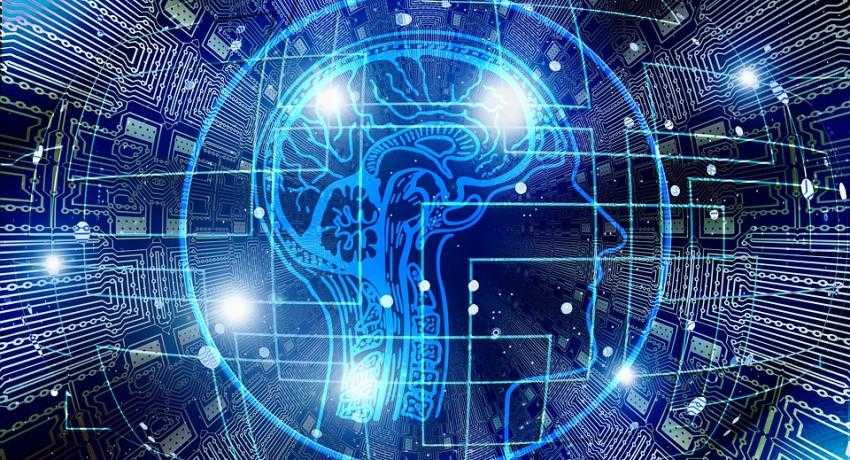Artificial Intelligence Can Help Boost The Global Supply of Clean Energy
The global energy sector is going through a paradigm shift in the way it produces and distributes power. There is a massive demand for reliable, clean, and cost-effective energy, and AI (artificial intelligence) is bound to play a vital role in meeting this future global demand.
Prevailing Limitations of Renewable Power
While it is clear that solar, wind, nuclear, and hydroelectric energy will gradually replace the traditional coal-fired power plants, one of the current hurdles in this path is the inconsistency and unpredictability of renewable power.
A windless day or a cloudy afternoon can restrain the generation of renewable energy and lead to temporary power shortfalls. Similarly, an abnormally windy or sunny weather can help generate excess energy, which can be wasteful or costly to store.
AI Applications can Forecast Energy Demand
AI researchers at University College London say that innovative AI applications can help to create accurate forecasts related to weather, power demand, and power generation, enabling operators to make energy saving decisions.
Fluctuations in demand and supply can be managed more efficiently and the need for costly and complex backup mechanisms can be minimized.
Advanced AI for Scale and Complexity
AI researchers are presently working on developing AI decision-making capabilities with a scale and complexity which far exceeds what can be managed by human operators. For instance, AI could help to manage power deficits by briefly turning off power in a targeted manner across entire regions or communities.
This could include industrial sites which have large power demand, or it could even mean temporarily switching off thousands of refrigerators in the homes.
AI’s integration with home appliances is no longer a distant possibility. For instance, AI is already being used to modulate energy usage in mobile phones.
The latest Android systems include a function that assesses the user’s app habits in order to deploy the battery power only on the apps that are frequently used, while the rarely used apps are shut down so that do not consumer power in the background.
AI programs now have the capability to compute how much power is being consumed by each of your electrical appliances at home.
AI start-up Verv has built an app to determine the “power fingerprint” of each home appliance, based on your electricity meter data. Once the consumers are aware of precisely how much it costs to run their TV or washing machine, they could quickly move away from power-hungry devices – compelling home appliance manufacturers to develop energy-efficient products in order to compete and survive.
Empowering Consumers with Insights into their Energy Profile
When energy data is integrated with products such as Google Home and Alexa, it could fundamentally disrupt how people purchase and consume power.
For instance, rather than switch on your dishwasher yourself, AI home energy applications could let you schedule the appliance to run during off-peak hours when the price of electricity is going to be lower. Businesses can also control energy consumption in their buildings, maximizing the cheaper, low-demand periods of power supply.
AI is set to transform the global energy production and consumption systems, and will help meet the rising demand for clean energy to build a greener planet. At the same time, people will still require the power they need and want.




